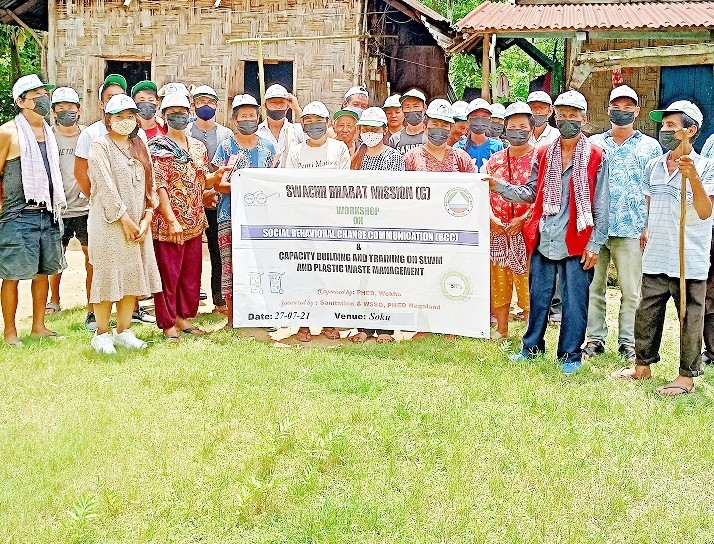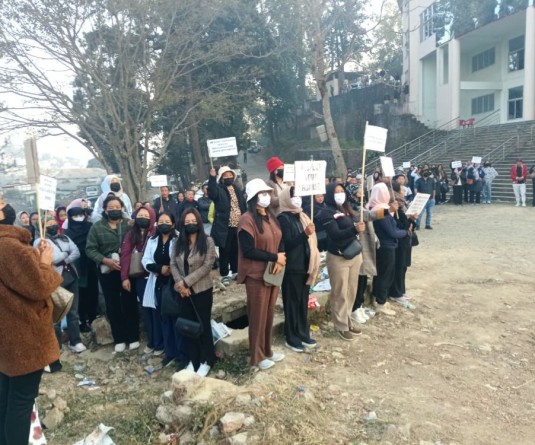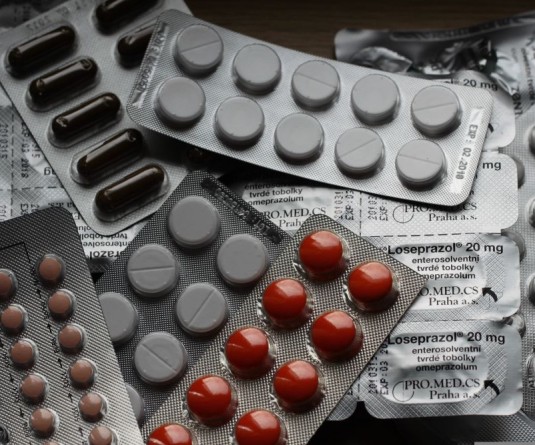DWSM team PHED Wokha conducted various activities on Open Defecation Free plus at eight different villages under Wokha district. (DIPR Photo)

Wokha, July 29 (MExN): Under the flagship programme of Swachh Bharat Mission-Gramin (SBM-G), the District Water & Sanitization Mission (DWSM) team, PHED Wokha conducted a behavioral change communication, capacity building and training on Solid Liquid Waste Management (SLWM) and Participatory Rural Appraisal (PRA) exercises on Open Defecation Free (ODF) plus at eight different villages under Wokha district which kick started on July 21.
With the key objective of SBM-G Phase 1 attained, i.e. to make India ODF, the government has renewed its commitment to further enhance the sanitation and hygiene status in rural areas through SBM-G phase-2 (2020-21 to 2024-25), a DIPR report stated.
The DWSM team carried out activities at Tsungza, Khumtsu, Yonchucho, Sunglup, Upper Baghty, Soku, Makharung and Yimparasa from July 21 to 29. The objectives of these activities were capacity building and strengthening so as to sustain the achievements under phase-1 and to sensitize and nudge the people into adopting better sanitation and hygiene practices.
During the campaign, the team emphasized on the sustainability of ODF, grey water management through the use of soak pit, leach pits, waste segregation and disposal methods, plastic waste management and the ill effects of burning plastic, benefits of using compost pit for managing bio-degradable wastes, fecal sludge management, advantages of twin pit latrines etc. The team urged the gathering to adopt a lifestyle that generates less waste and called upon community participation to achieve a clean, healthy and conducive environment for growth and all round development. To encourage and remind the gathering about the importance of hand washing with soap before having food and after using the toilet, soaps were distributed to the participants.
The programme was attended by members from village council, WATSAN committee, swachhagrahis, women organizations, youth organizations, Anganwadi workers etc.






